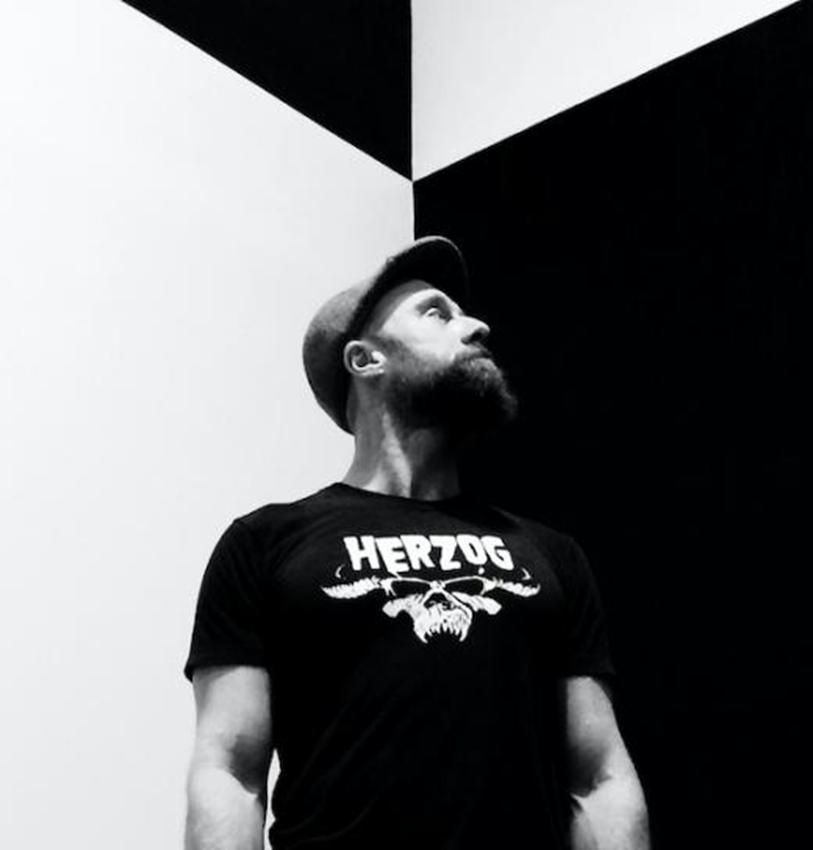Building Brands That Care: Nicolas Chemla’s Guide to Purpose-Driven Success
In this insightful interview, Nicolas Chemla shares his valuable perspective on the critical role of brand purpose in today’s business landscape. As we navigate a world where ‘good’ is increasingly becoming the new ‘cool’, we delve into essential questions that are shaping the future of branding: Why does a brand need a purpose? What defines a purpose? And what makes a purpose-driven brand successful? At Responsible Growth, we’re proud to collaborate with esteemed professionals like Nicolas Chemla, a celebrated brand strategist known for his partnerships with prestigious brands such as Lacoste, Deezer, Helena Rubinstein, and Lancôme.Nicolas, why is having a brand purpose so important in today’s business landscape?
Having a brand purpose is important in any landscape, and historically the strongest brands have always had a clear idea of what they stood for – which impacted how they interacted with the world at large. Now it’s true that in today’s hyper-connected, hyper-informed world, brands are on a permanent, 360° and 365 days watch from consumers, from what happens in their stores to what goes on in their factories, how they treat their suppliers or how to they manage their waste. The slightest mishap can create major crises – which means a brand must have a very clear idea of what it stands for, what it fights for, and how to behave. Another important aspect is how, in a post-marketing world, brands are more than ever perceived as labels for certain values that consumers believe in – the famous “vote with your wallet” thing. Consumers expect brands to reflect how the world has changed, and take a stance on the issues that matter to him. And that’s where it gets really tricky.How can a brand purpose go beyond profit and contribute to a force for good?
A brand purpose, if properly crafted, will not only go beyond profit but secure profit in the long term. Everybody wants to do good and make the world a better place, but the problem quickly becomes that not everyone agrees on what good is … Like in the old wisdom saying, one needs to focus on the things one can actually act upon, instead of trying to change the world at large. I always suggest to build the brand purpose in concentric circles : start with making sure you do good with your own products and value chain, and expand from there.What are some key considerations for businesses when defining their brand purpose (e.g. authenticity, alignment vith values, stakeholder engagement)
The most impostant thing is to have a clear and strong brand identity, what I call a brand compass, which help navigate the world in changing tides : if you don’t know what your North Star is, there’s no point in having a brand purpose, so it really starts with that. Then, I would argue again one must really start by identifying what good means for the company, and where it can act with credibility and legitimacy. What are the areas of impact? What are the fields of action? What happens if we don’t do our products right? Recent examples, especially in the US, have shown that if a business goes too far off from its immediate areas of expertise and starts lecturing people about where the world should be heading, they wind up paying the price.Can you share examples of brands that successfully use their purpose to drive positive change.
I could mention two I have worked on recently. Lancôme has long empowered women with positive beauty. Over the last few years, they’ve really managed to give it a new impulse by embracing inclusivity and diversity, notably in their choices of ambassadors from all ages, profiles and origins. Another one is Maison Perrier Jouët, the prestige Champagne brand whose emblem is an Art Nouveau-styled Anemone flower. That flower was initially designed in 1903, at a time when Art Nouveau artists feared the industrial boom would make urban living bleak and uniform and nearly-dead, and they wanted to take inspiration from Nature to better the world. Today, Perrier-Jouët is once again turning their flower emblem in an inspiration for a more desirable future, as flowers can show the way for more circular, harmonious, biophiliac ways of growing – as a person, as a community, as a company. And they are de facto experiencing with regenerative agricultural practices in the way they grow their vines, as well as encouraging people to rethink their relationship to Nature – giving all the more reasons to celebrate, as there are indeed solutions for a better world.How can businesses measure the impact of their brand purpose on their social and environmental goals?
A good brand purpose would probably change these goals : redefine them, probably as well as reduce their numbers, and make the goals more achievable.What advice would you give to businesses that are looking to start on their journey towards using business as a force for good?
As I said above: first make sure you have a super tight brand identity and compass, in order to better define what good means to you, your business, your consumers, your prospects, your stakeholder, and what you can act on. And for that, well, let’s have a chat soon! Nicolas Chemla’s perspective is a reminder that brands have the potential to be powerful agents of change, provided they are guided by a clear and authentic purpose.Nicolas Chemla
Nicolas Chemla is a brand strategy consultant, author, and professor of Marketing at the Paris School of Luxury. Holding degrees from HEC and an MA in Anthropology from the School of Oriental and African Studies in London, he has a rich background working with leading agencies such as BETC, TBWA, and Grey. With a focus on luxury and fashion brands, he has collaborated with renowned names including Lacoste, Absolut, Martell, and BMW. Nicolas is also a prolific writer, having published notable works like “Luxifer, why luxury possesses us” with Editions Séguier (“best essay on luxury 2014”, BFM Business)and “Mister America.” (Séguier) in 2019. A sought-after speaker, he frequently shares his expertise at prestigious conferences on luxury.
Facebook
Twitter
LinkedIn


